Bladder stones
 Alfred
|
Alfred
|
 23 Jul 2025
23 Jul 2025
What Are Bladder Stones and How They Form
Bladder stones are hard lumps that form when minerals in the urine start clumping together inside the bladder. It usually happens when the bladder doesn’t empty all the way—leftover urine becomes concentrated, and crystals begin to build up. Over time, those tiny bits stick together and grow into bigger stones.
They might stay small for a while. But if the bladder keeps holding leftover urine, those stones can grow without you even noticing at first.
Why Do Some People Get Them More Than Others
Bladder stones show up more in men, mostly older ones. That’s because conditions like an enlarged prostate can block the flow of urine. But that doesn’t mean others are safe.
People with bladder infections, past surgeries, or nerve problems that affect urination can also get them. If you're not drinking enough water, that raises the risk too. More concentrated urine means more minerals collecting in one place.
Women can get them too. Signs of bladder stones in females are sometimes misread as UTI symptoms, which can delay the right treatment.
Signs You Might Have Bladder Stones
Not everyone with a bladder stone feels it right away. Some stones cause no signs until they move or get bigger.
Bladder stones symptoms can include:
-
Pain in your lower belly or pelvis
-
A strong urge to pee, even if nothing much comes out
-
Trouble starting or stopping urine stream
-
Burning or pain when peeing
-
Cloudy or foul-smelling pee
-
Seeing blood in urine
Symptoms of bladder stones in men might also include pain at the tip of the penis. For women, lower abdominal cramping or discomfort during sex can be early warnings.
What Makes Bladder Stones Worse If Left Untreated
Ignoring a small stone might seem okay at first. But these things don’t go away on their own. They can get bigger and start causing infections, blockages, or even damage to the bladder lining.
The bigger they grow, the more trouble they cause. You might not be able to empty your bladder at all. In bad cases, it can lead to kidney damage or bladder wall thickening.
It’s always better to deal with them early than wait for a bigger problem.
How Doctors Figure Out If You Have Them
To check for stones, your doctor might start with a urine test. If there’s blood, infection, or unusual substances, that’s one clue.
Then comes imaging—ultrasound, X-ray, or a CT scan. These help show the size and shape of any stone inside your bladder. If they want a closer look, they might do a cystoscopy, using a small camera to peek inside.
This also helps tell the difference between bladder stones vs kidney stones. Kidney stones usually cause pain in your side or back. Bladder stones tend to bring pain while peeing or make you feel like you can’t finish.
Treatments That Usually Work
Some small stones pass on their own if you drink enough water. But many don’t. When they get stuck, doctors usually remove them.
They might use a thin tool through the urethra to break up the stone and flush it out. If the stone is too big or stuck, surgery might be needed.
If there’s an infection, antibiotics will also be part of treatment. At Sanford Pharmacy, we help patients with post-procedure care, pain relief, and bladder-safe products to support healing.
People sometimes try bladder stones home remedy ideas—like drinking herbal teas or lemon water—but those don’t work on large or painful stones. Once it's there, it needs proper care.
Tips for Avoiding Bladder Stones in the Future
Best way to keep stones from coming back? Stay hydrated. Drinking enough water every day helps flush minerals out before they clump together.
Other tips include:
-
Pee when you feel the urge—don’t hold it
-
Eat less salt and red meat if told by your doctor
-
Treat bladder problems or prostate issues early
-
Stick to a healthy bladder-friendly diet
If your doctor knows what the stone was made of (like calcium or uric acid), they might suggest specific diet changes or meds to help prevent another.
When to See a Doctor and What Not to Ignore
Don’t wait too long if something feels off. If you're peeing more than usual, seeing blood, or feeling pressure or pain in the bladder area, it’s time to get checked.
Bladder stones in men can cause extra pressure in the urethra, making it hard to urinate. Women might notice sudden pelvic pain, or feel like they need to go even right after peeing.
Pets can get them too. Dog bladder stones symptoms include straining to pee, licking around the area, or going in strange places. There are different types of bladder stones in dogs, and a vet visit is the only way to know for sure.
At Sanford Pharmacy, we offer products for both people and pets—because bladder health matters at every age and stage. From trusted meds to aftercare, we’re here to help you feel better, faster. Don’t ignore the signs. Stones aren’t something to wait out.
Categories
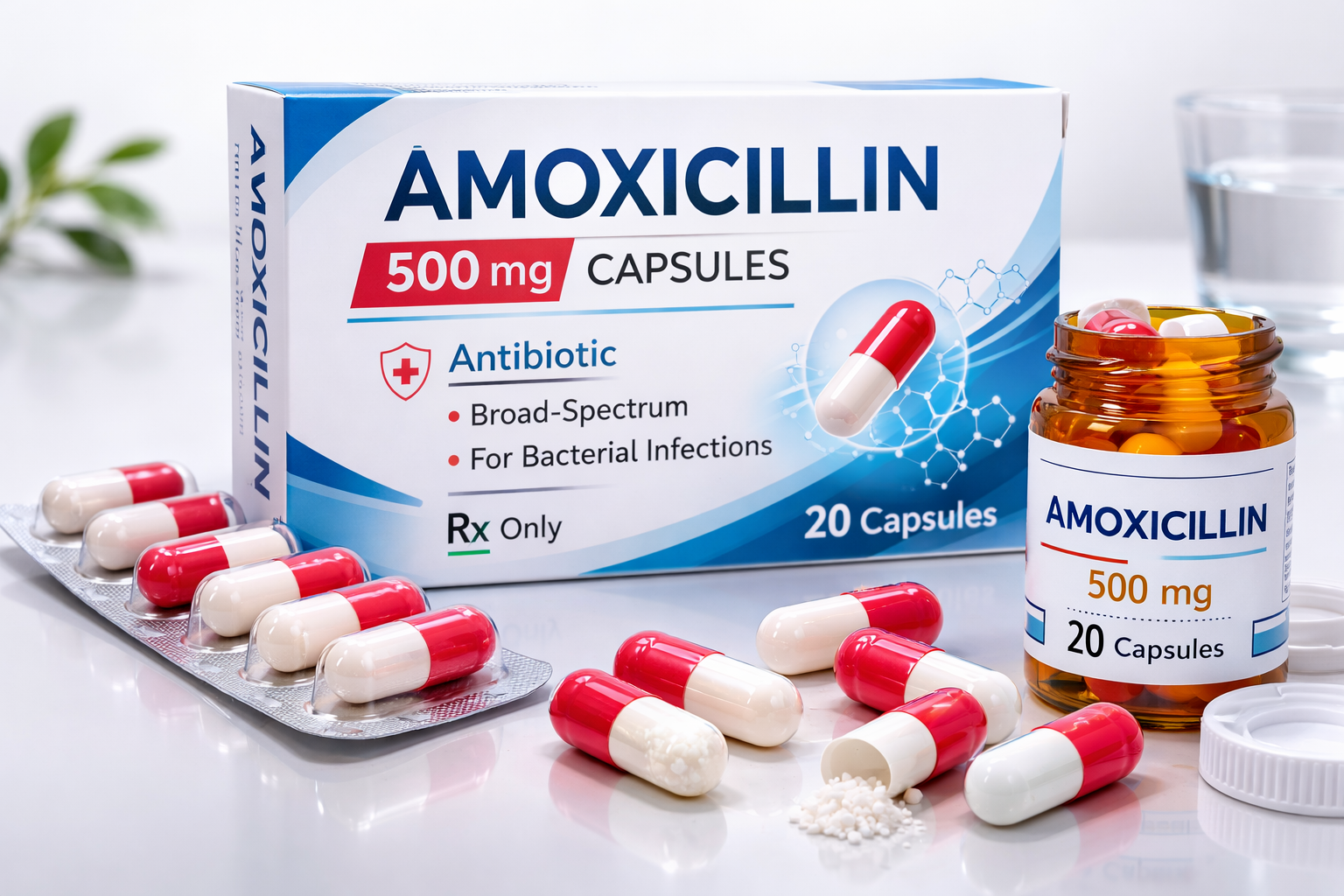
How Long Does Amoxicillin Stay in Your System?
 Graciela
Graciela
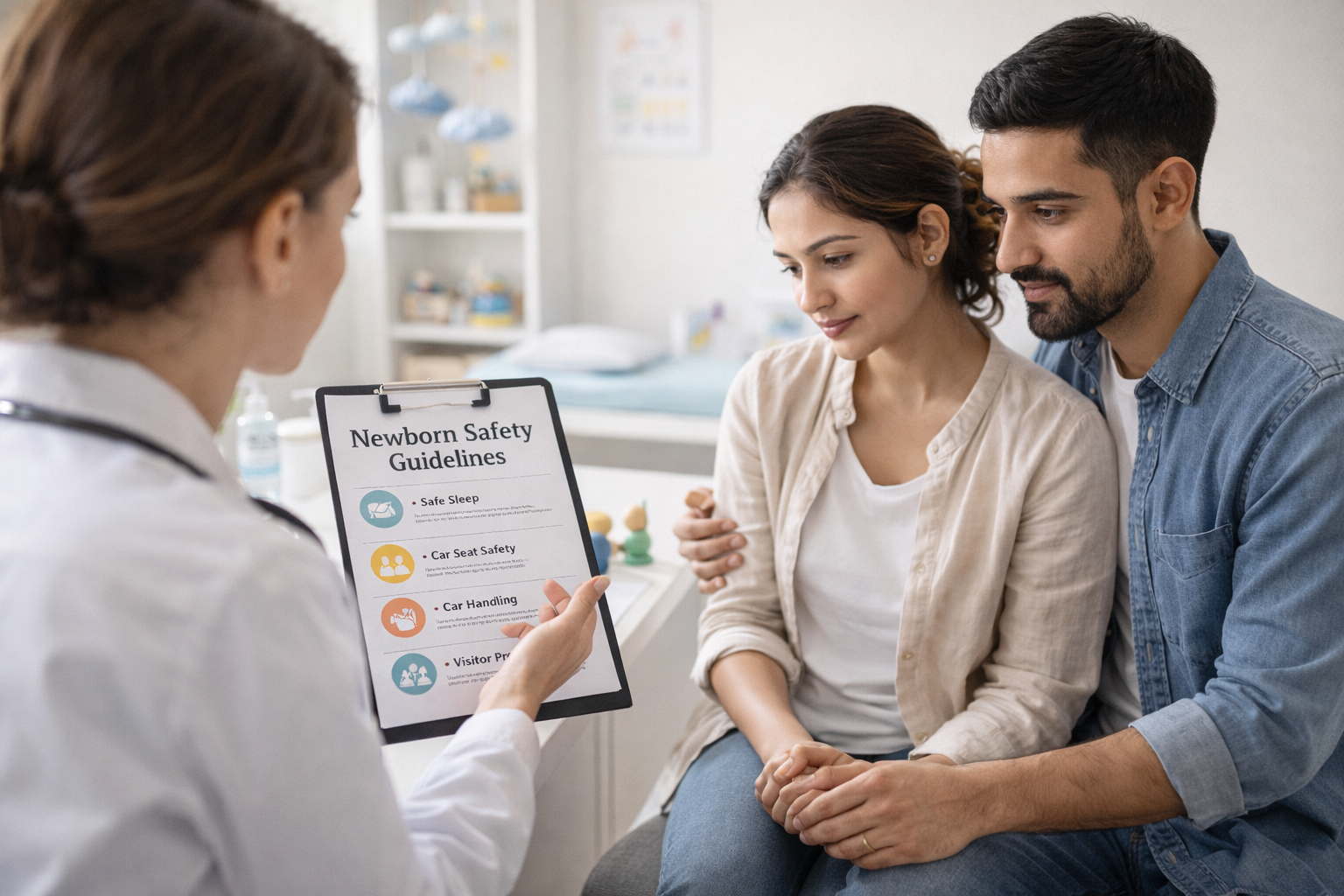
Can Newborns Get Infections from Visitors?
 Tobias
Tobias
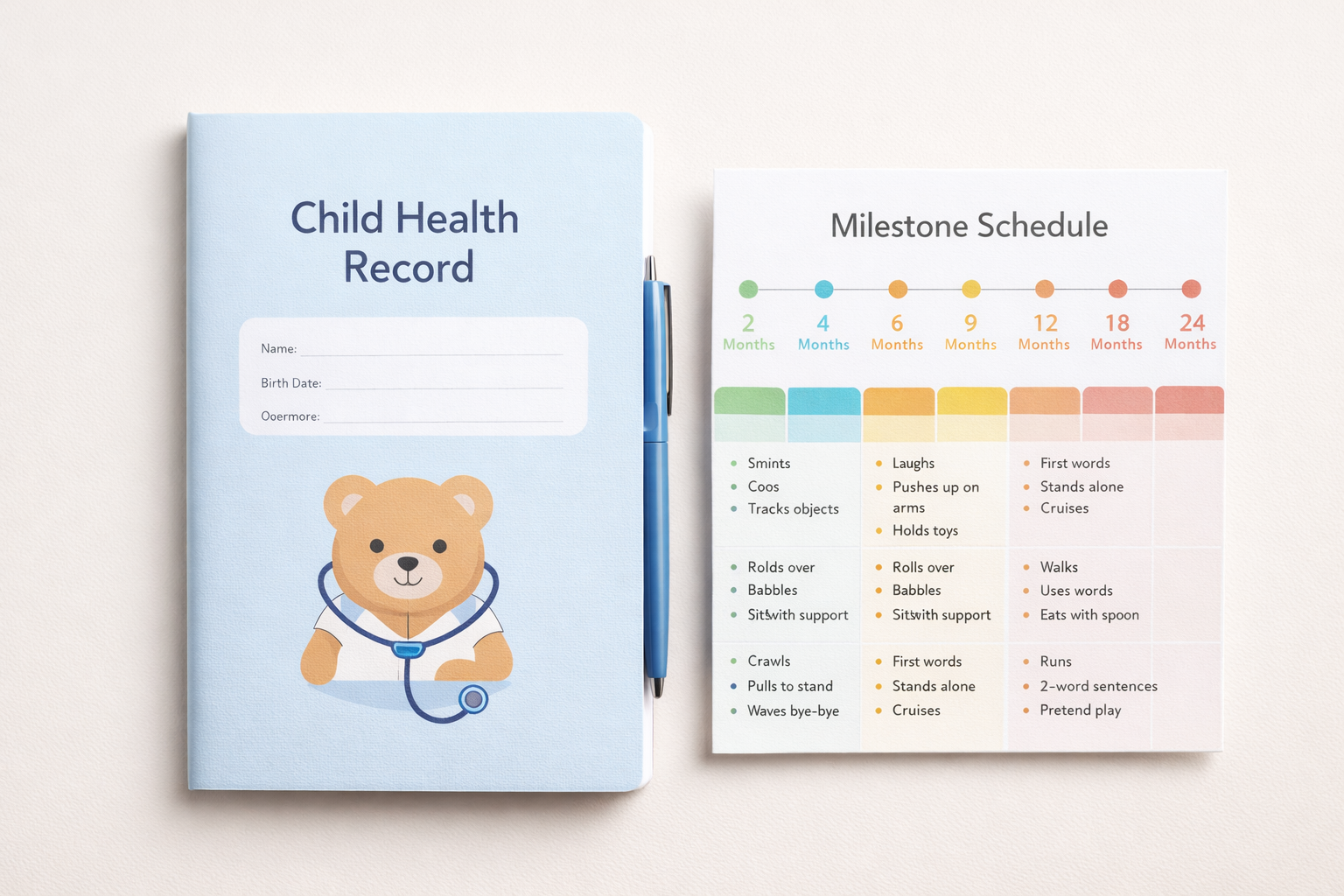
Signs of Developmental Delays in Infants!
 Justice
Justice

What Vaccines Are Required for Toddlers?
 Molly
Molly

Is Baby Getting Enough Breast Milk?
 Monserrat
Monserrat

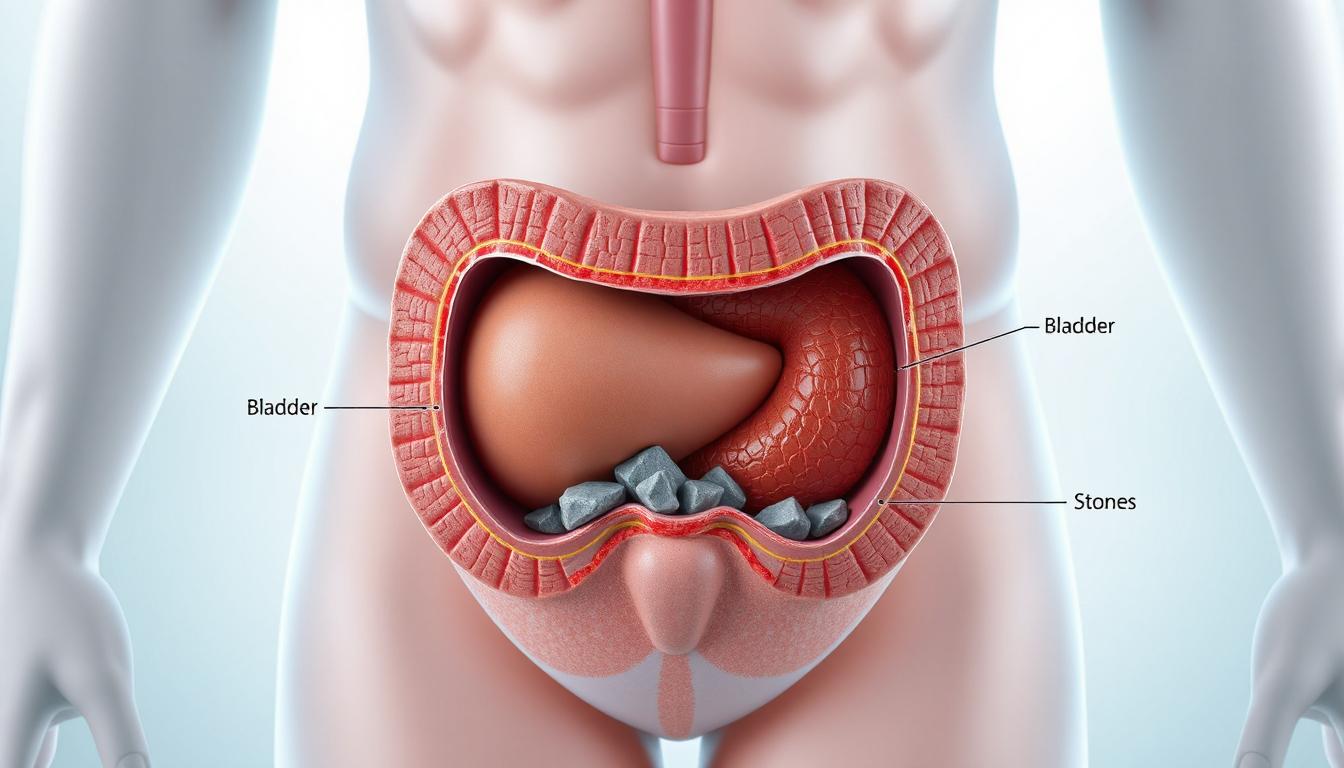
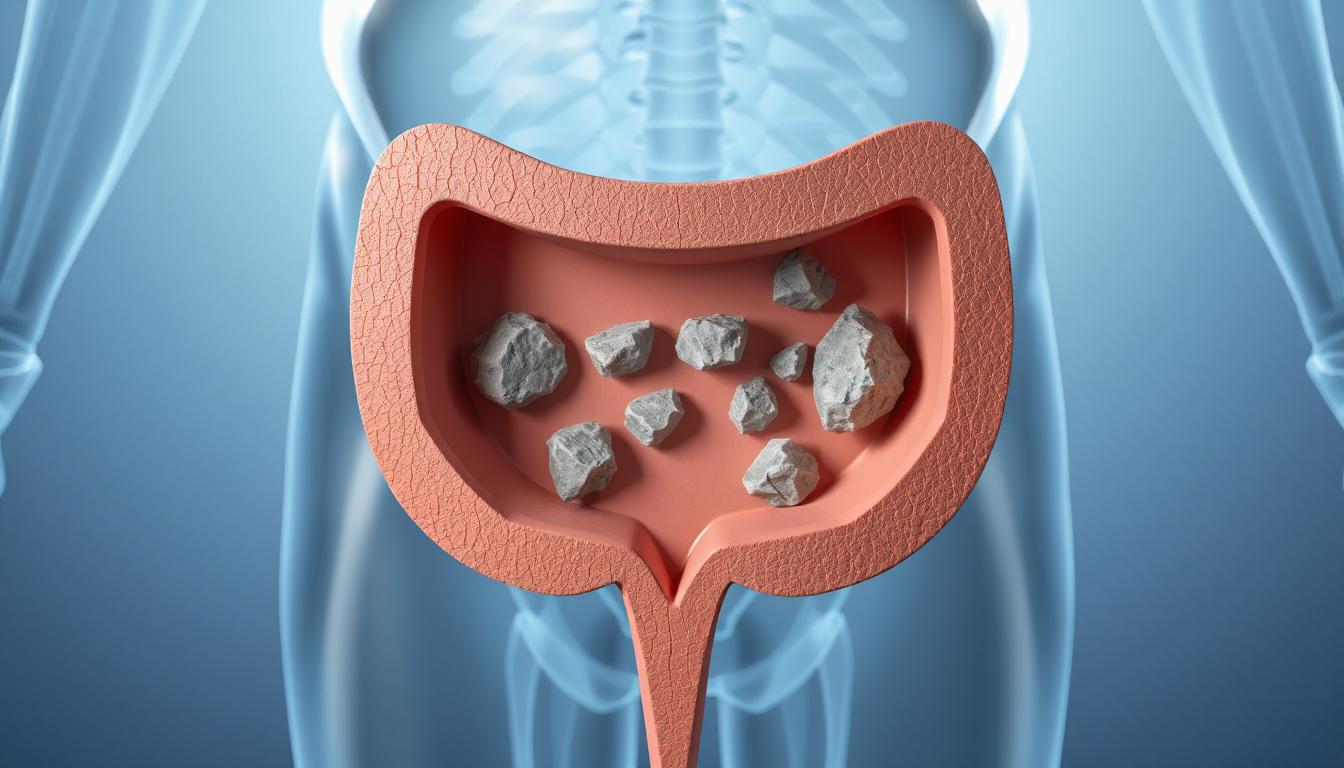







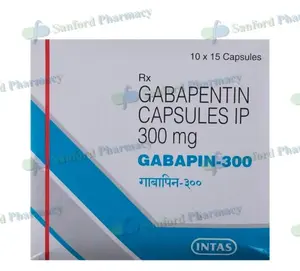
.webp)
.webp)
-(2).webp)

.webp)